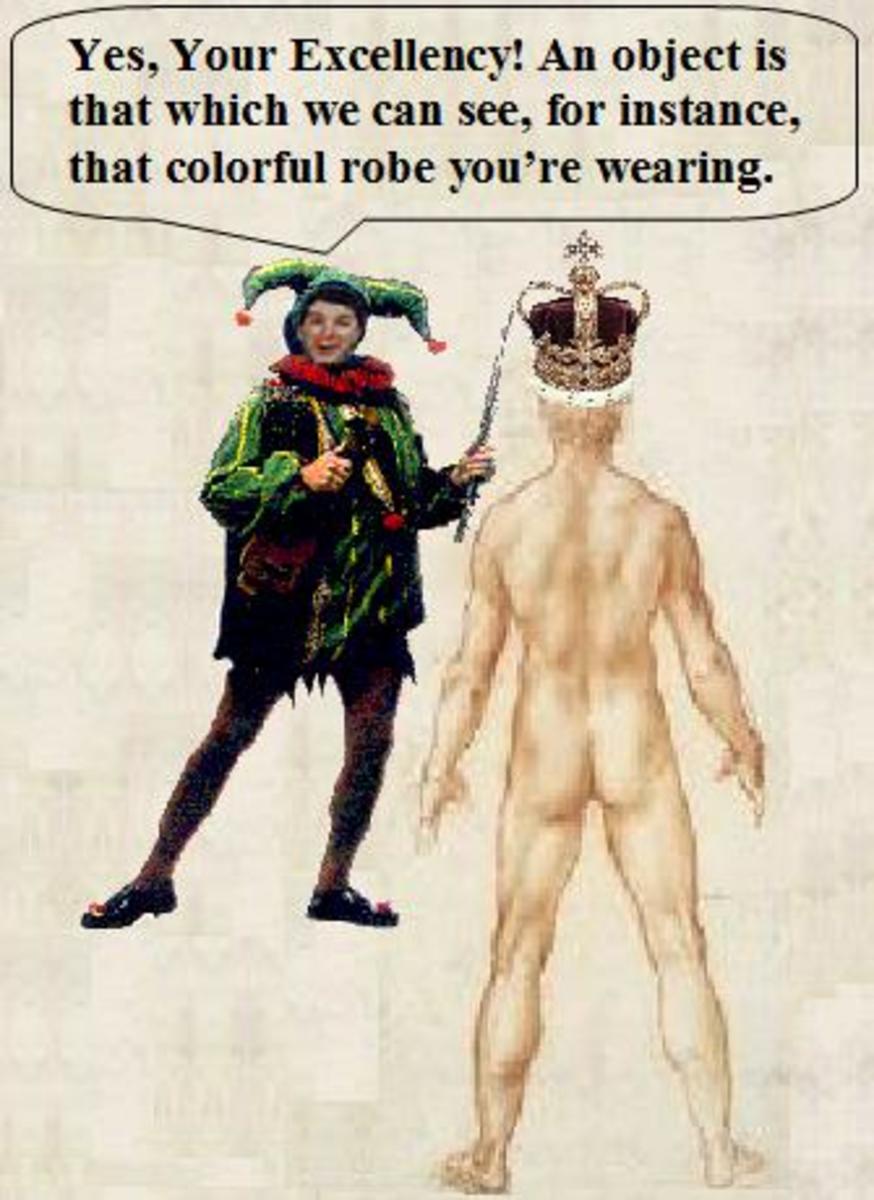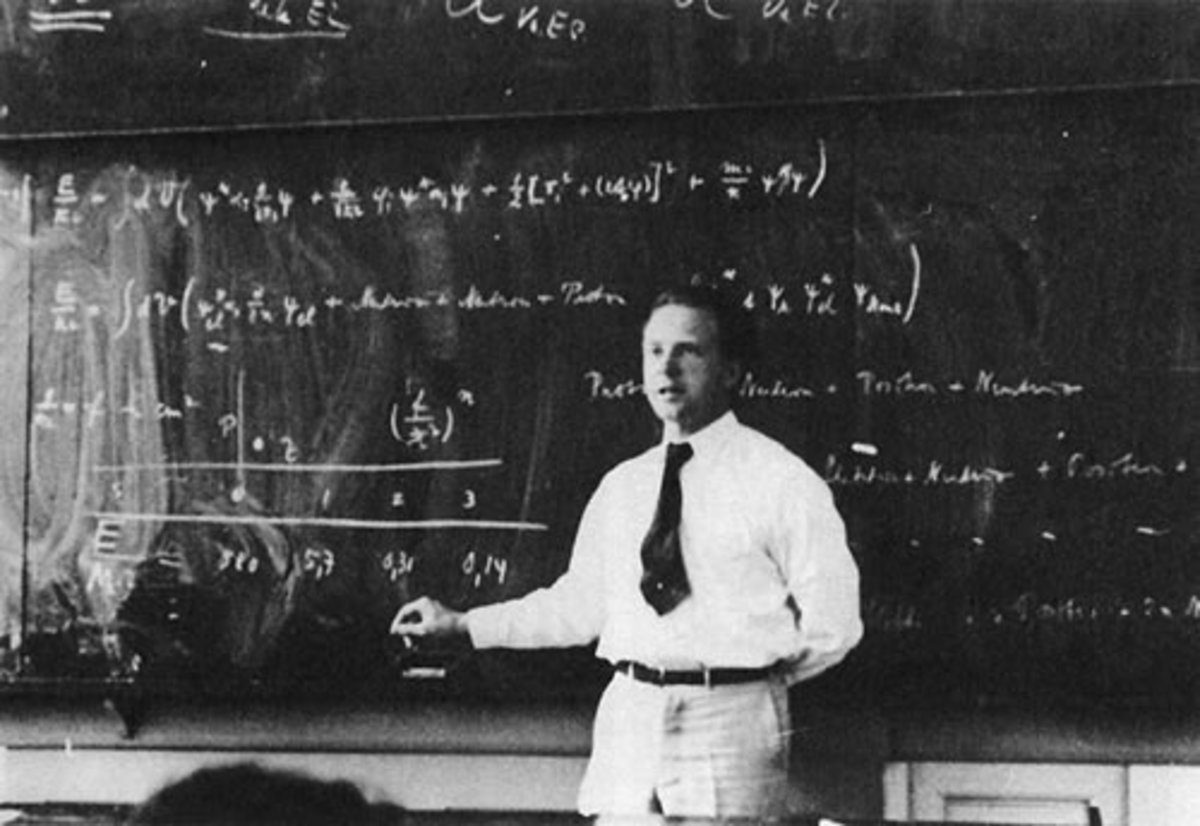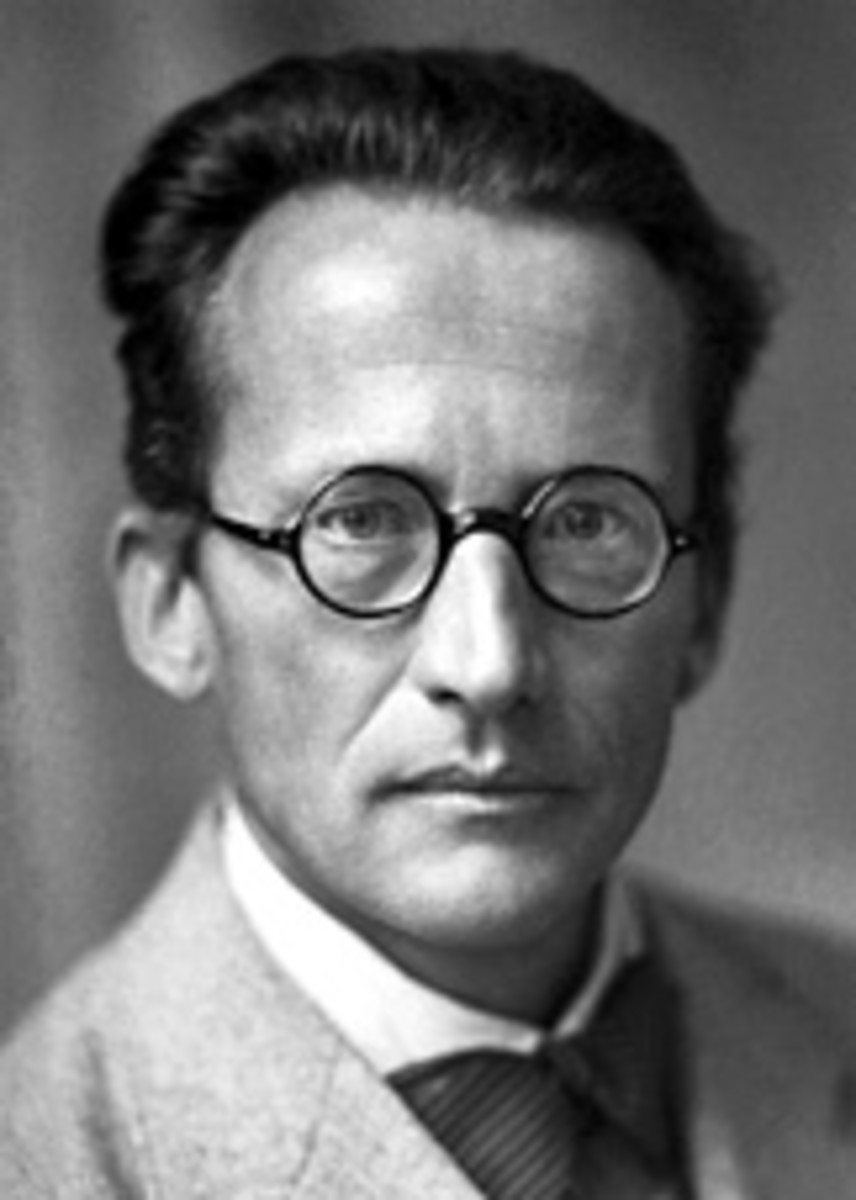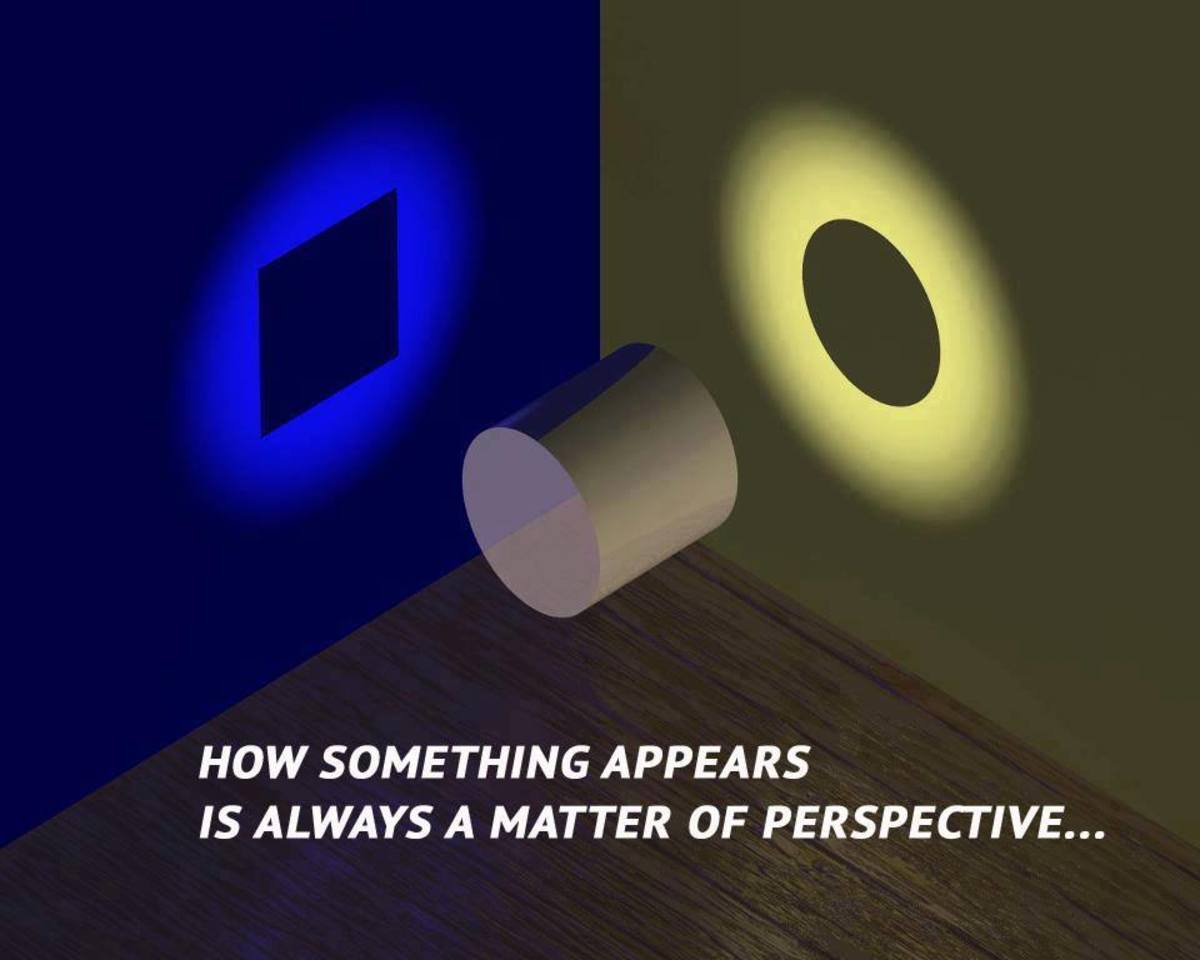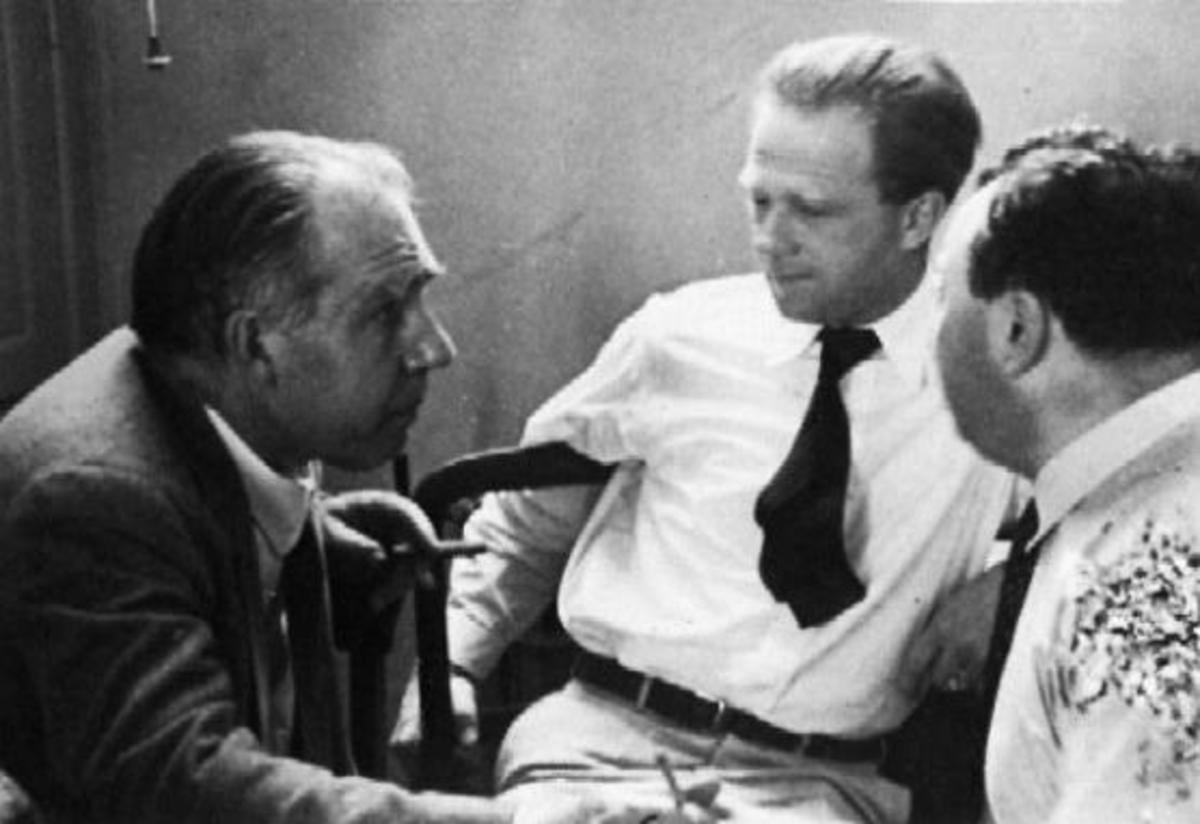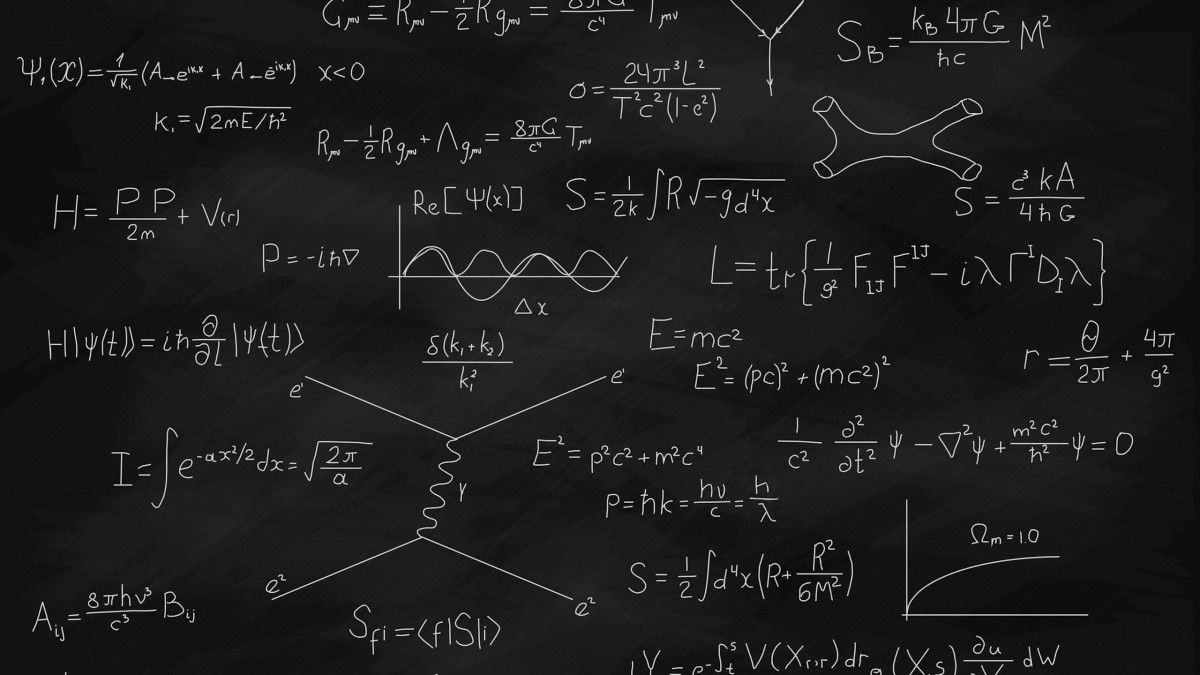Quantum Information Theory Introduction
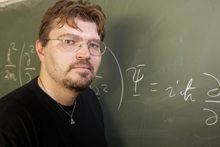
Review of , 'Decoding Reality, the Universe as Quantum Information' by Vlatko Vedral 2010 Oxford University Press
What is the 'ultimate solution' to global warming and the Second Law of Thermodynamics? Die. If all humans were to be deceased than the earth would have no human causes of global warming. Not a great idea. If humans could convert the sun's radiation to something other than heat, such as plants do with photosynthesis would our bodies be green instead of blue?
But that would only delay the inevitable Heat Death for our world, solar system and universe. But if the Second Law of Thermodynamics says all things go from order into chaos then how did evolution happen? That would be an apparent violation of the Second Law of Thermodynamics. That's because humans are not isolated closed systems and the Second law of Thermodynamics doesn't apply to a being that is "sucking out energy and low entropy information."
Vedral says that the increased entropy is not the physical objects themselves but in the encoded information DNA carries that has all the artifacts of previous versions. These long strings of repeating non-coding sequences is called junk DNA and that information is not an abstract but a true physical.
Vedral explains how information theory can make you a better gambler and stock market player with the log optimal portfolio. Don't bet on the lotto or anything less than 50 percent. To quit a bad habit or pick up a good one that we need to 'burn the ships' so there no recourse but to go forward without an angel and devil on each of your shoulders in a battle of wills.
Vedral talks about the six degrees of separation of all humans and the Zipf law says that few people know many people but most of us only know a few. The Internet is changing that six degrees that Manuel Castells' predicts social phase-state transitions that will happen incredibly fast.
Vedral explains that everybody is having a hard time at the idea of having a photon in two places at the same time. Another competing theory says no - that the third measurement affects the second measurement and that this is not to be thought of as a time travel paradox.
In the April 2010 issue of Discover magazine, the article, 'Back From the Future' by Zeeya Merali, talks about Jeff Tollaksen's experiments that show that future events effect the past. Superposition is the name given to an object that appears to be at two places at the same time. Einstein hated the the uncertainty principle and is famous for his, "God does not play dice" quote.
Tallaksen cites Aharonov who rethought the idea of indeterminism and instead said that what was needed was to include the future states as well as past states in order too describe an event in space-time. Vlatko Vedral believes more than just math and experimental results would be needed to convince most physicists.
This cognitive dissonance is giving me a headache.
2 Places @ the Same Time
Related Hub By Ptosis
Public library cat.# 530.1 VED
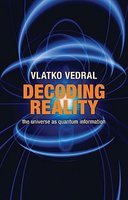
- The entanglement of minds- recent findings in the world of neuroscience and quantum consciousness
A look at the research into quantum consciousness at the edges of neuroscience. what does quantum entanglement mean for your brain? - What is a Hologram?
- How Does a Hologram Work?
- How Do Holographic Sights Work?
- Is Our Universe a Hologram?
- Holographic Principle
- Holographic Quantum States
Science Physics Quantum Mechanics Quantum Teleportation Society Philosophy Philosophy of Science Quantum Reality and Locality



